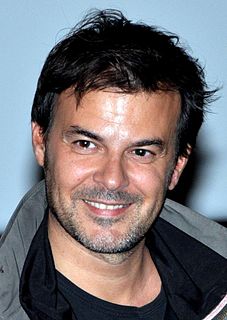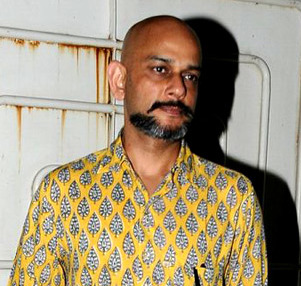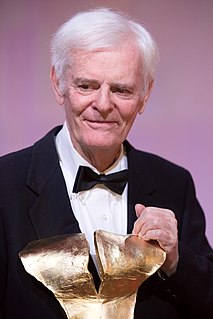A Quote by Tarsem Singh
There are different sides to me; I wanted to make a personal film but I would not want to make any film that does not reflect me in it. At least, not right now. I'm just too young to be doing that.
Related Quotes
I didn't want to make Young and Beautiful as very dramatic movie . In a certain way, I wanted to do a girly film. I wanted to make something sweet, pink. With a boy it was too dramatic and too heavy. I had a lot of pleasure with the boys in In the House, I said, "This time I will do a film with girls."
The first film that I can remember seeing where, like, I just couldn't stop watching it - and it didn't necessarily make me want to be a director because I was so young, but it made me know that that's what I wanted to be doing - was 'Alien.' And I saw that when I was probably just over 10 years old.
I think a lot of people go into filmmaking thinking, "How can I make a career?" And so when they make their first film, they make it thinking, "Well, this'll be the one that gets me to the place where I can make the second film the way I want to make it, and that'll get me to the place where I can make $100 million on the third film." And I thought, "Well, if I put sustainability at the bottom of my priority list, then what opportunities is that going to free me up to pursue?" And that's what I've always done.
African films should be thought of as offering as many different points of view as the film of any other different continent. Nobody would say that French film is all European film, or Italian film is all European film. And in the same way that those places have different filmmakers that speak to different issues, all the countries in Africa have that too.
I only want to make movies that I believe in, that I care about and that mean something to me. At the end of the day, that's the only reason I'm doing this. Hopefully I can continue to grow and challenge myself to try to do things I've never done before, and make different kinds of movies that still maintain what makes the film my film.
What's nice about writing and making films is that being able to see a film from the outside - from the inception through production and then completion - just informs what you're doing when you're an actor. And when you're an actor, it informs the decisions you make when you're making a film. It's using two different sides of your personality.
More than my other films, Uncle Boonmee is very much about cinema, that's also why it's personal. If you care to look, each reel of the film has a different style - acting style, lighting style, or cinematic references - but most of them reflect movies. I think that when you make a film about recollection and death, you have to consider that cinema is also dying - at least this kind of old cinema that nobody makes anymore.






































